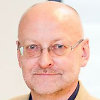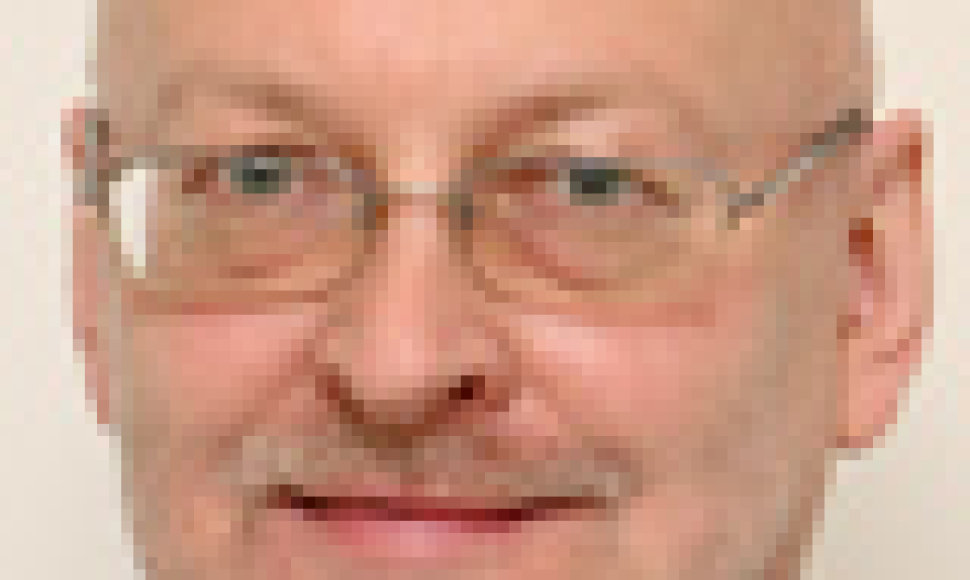Not only because, upon being elected to head the Roman Catholic Church, Archbishop of Buenos Aires Jorge Mario Bergoglio picked a name never used by popes before, Francis. But for that, too.
What was different about Giovanni di Bermardone – a son of a wealthy merchant who could have become a knight but instead became known as St Francis of Assisi (1182-1226) – as a monk? What can be different about Pope Francis as a pope, if he chose the name of St Francis?
Having given away all his possessions to the poor and tied a simple rope on his worn-out coat, Francis was not running away from the world, like other 13-century monks, but took pleasure in its creations, reminded as they did of their Maker.
Christians pray to Francis of Assisi because he is the best-known Christ-like figure. Parallels between Francis of Assisi and Pope Francis are easy to see.
Helped by his followers, who came to be known as fratres minores, lesser brothers, he took care of lepers. He spread love. He tried to evangelize even the sultan of Egypt. He had a sense of humour. It is said that birds in particular enjoyed Francis' sermons. But he dedicated most of his attention to cities. He preached and lived in poverty there.
“Lord, let me bring love where there is hate; peace where there is discord; unity where there is division, faith where there is doubt; truth where error reigns, hope where despair invades; joy where sorrow weighs, light where darkness permeates,” prayed founder of the Franciscan order, who saw Christ and was invited to go and rebuild the church.
Christians pray to Francis of Assisi because he is the best-known Christ-like figure. Parallels between Francis of Assisi and Pope Francis are easy to see.
The future pope was born to a family of Italian immigrants and was to become a chemist. But instead he became a Jesuit monk. The first Jesuit pope and the first Latin American pope.
He is also the first pope to choose the name Francis. Even before that, he chose Francis' lifestyle. When he was appointed an archbishop, he refused to move into diocesan palace but stayed in a modest flat. Instead of commuting in a chauffeured limousine, he would take a bus. He would make his own meals.
Francis of Assisi chose growing cities and their people. Future Pope Francis chose a church that goes to the streets.
Sensitive to poverty. But a far cry from noisy socialists making speeches on every corner. When he spoke about poverty, he stressed the path of personal betterment instead of socialist reforms.
Sensitive in general. He scolded priests who refused to baptise babies born out of wedlock, calling this hypocrisy and neo-clericalism. He washed the feet of AIDS patients.
What difference does it make if the Jesuit pope does or does not resemble Francis of Assisi, a sceptic might ask, one who rejects the church as an atavism.
A seemingly irrefutable question. At least from the perspective of primitive Laicism. The question could be asked about any area of human activity. But is it so irrefutable? If it were, why would its advocates dot heir utmost to discredit Benedict XVI and the entire church through him?
It would seem that there is a difference after all.













